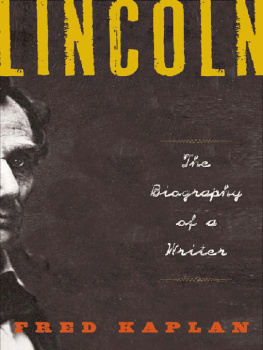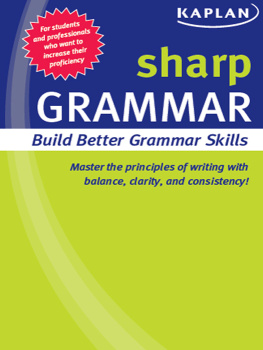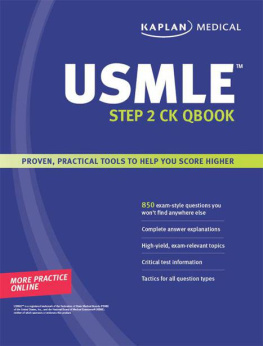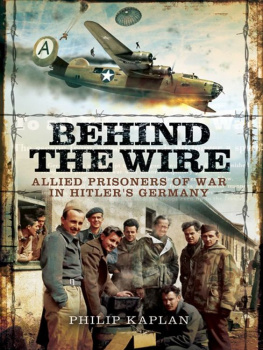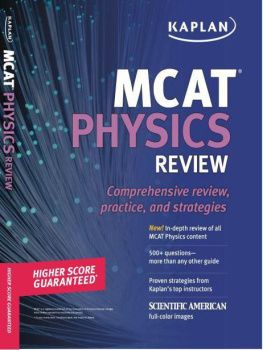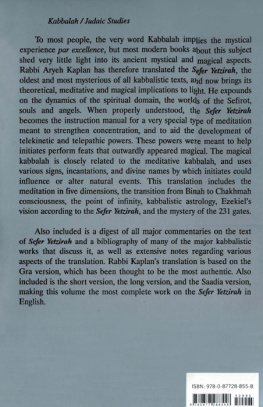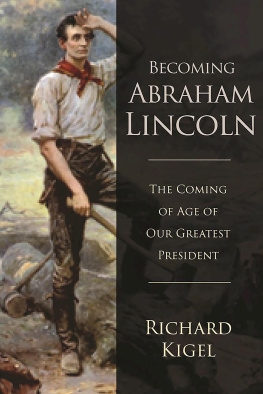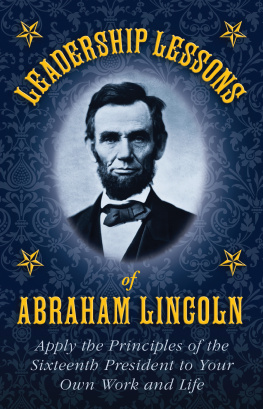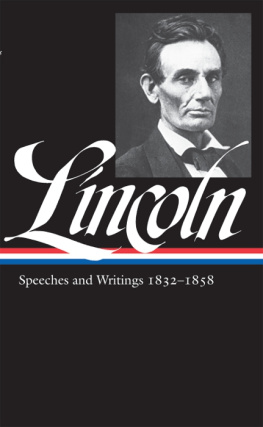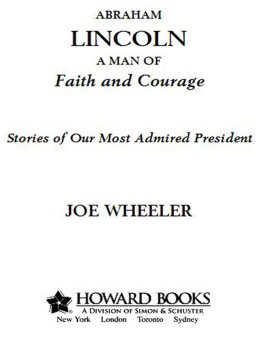Lincoln
The Biography of a Writer
Fred Kaplan

To the memory of my father, Isaac Kaplan (1906-1987); and to Hattie M. Strelitz, the teacher who, on the Lower East Side of New York City in December 1918, awarded him a copy of The Perfect Tribute , an idealistic myth about the writing of the Gettysburg Address. It was given to him for Proficiency and Excellent Class Spirit and came into my hands a generation later. It impressed me deeply with a truth that empowers us
all: the power of Lincolns language.
Contents
All the Books He Could Lay His Hands On, 18091825
Shakespeare, 18251834
Burns, Byron, and Love Letters, 18341837
How Miserably Things Seem to Be Arranged, 18371842
Were I President, 18421849
Honest Seeking, 18491854
The Current of Events, 18551861
The Master of Language and the Presidency, 18611865
F or Lincoln, words mattered immensely. His increasing skill in their use during his lifetime, and his high valuation of their power, mark him as the one president who was both a national leader and a genius with language at a time when its power and integrity mattered more than it does today. His was a personality and a career forged in the crucible of language. The novelist William Dean Howellss claim about his friend Mark Twain, that he was the Lincoln of our literature, can effectively be rephrased with the focus on our sixteenth president: Lincoln was the Twain of our politics. Since Lincoln, no president has written his own words and addressed his contemporary audience or posterity with equal and enduring effectiveness.
Lincoln was born into a national culture in which language was the most widely available key to individual growth and achievement. It dominated public discourse. No TVs, DVDs, computers, movie screens, radios, or electricity, and no sound-bites. Language mattered because it was useful for practical communication and for learning and because it could shape and direct peoples feelings and thoughts in a culture in which spoken or written words had no rival. In Lincolns case it also mattered immensely because it was the tool by which he explored and defined himself. The tool, the toolmaker, and the tool user became inseparably one. He became what his language made him. From an early age, he began his journey into self-willed literacy, then into skill, and eventually into genius as an artist with words.
Lincoln is distinguished from every other president, with the exception of Jefferson, in that we can be certain that he wrote every word to which his name is attached. Though some presidents after him wrote well, particularly Grant, Wilson, and Theodore Roosevelt, the articulation of a modern presidents vision and policies has fallen to speechwriters and speech-writing committees, with the president serving, at best, as editor in chief.
Lincoln was also the last president whose character and standards in the use of language avoided the distortions and other dishonest uses of language that have done so much to undermine the credibility of national leaders. The ability and commitment to use language honestly and consistently have largely disappeared from our political discourse. Some presidents have been more talented in its use than others. Some, such as Franklin Roosevelt and John F. Kennedy, have had superior speechwriters. But the challenge of a president himself struggling to find the conjunction between the right words and honest expression, a use of language that respects intellect, truth, and sincerity, has largely been abandoned.
All the Books He Could Lay His Hands On
18091825
A t six years of age, for a few weeks in the fall of 1815, in the town of Knob Creek, Hardin County, Kentucky, the boy went to his first school, taught by a typical frontier teacher commissioned by local parents to provide children with basic skills and only sufficiently knowledgeable himself to rise modestly above that level. Teachers were in short supply on the frontier that ran along the western ridge of the Appalachians; beyond was the sparsely settled western portion of Ohio and the territories of Indiana and Illinois; southward, much of the states of Kentucky and Tennessee. Cash also was in short supply. Material possessions were minimal. By modern standards it was a starkly rudimentary life.
In this community of Protestants the supremacy of the Bible as the book of daily life encouraged acquiring basic reading skills. Simple arithmetic came next. His father, the grown-up boy later recalled, sent him to this school with the avowed determination of giving him a thorough education. And what do you think my fathers idea of a thorough education was? It was to have me cipher through the rule of three. Beyond that, education was a luxury that neither time nor money permitted. Intellectual curiosity in a society in which it had no likely practical reward was rare, except for the occasional child who, inexplicably, without any relation to who his parents were and what the community valued, was transfixed by the power of words.
Words and ideas were inseparable in a nation in which the Bible dominated. It was given full currency as the source of the dominant belief system. It was also the great book of illustrative stories, illuminating references, and pithy maxims for everyday conduct. More than any other glue, it held the society together, regardless of differences of interpretation among Presbyterians, Baptists, and Methodists. This was a world of believers. Here and there was a deist, an agnostic, or an atheist, but even those who had grounds of disagreement with Christian theological claims generally did so within the tribal circle and expressed themselves in small deviances, such as not attending church regularly or at all. Deistic voices from afar, from the East Coast, from the Founding Fathers, even from Europe, occasionally could be heard in the Appalachian woods and beyond. The deists rationalized religion, eliminated mystery: there is a creator, a God; otherwise, human beings are on their own, dependent on reason and action. But rural American Protestants in the nineteenth century much preferred miracle, redemption, brimstone, the literal truth of the Bible, and the apocalypse to come. As six-year-old Abraham Lincoln began to learn to read, his household text was the Bible.
His parents were fundamentalist believers, regular worshippers. Without education and illiterate, Thomas Lincoln was also blind in one eye and had weak sight in the other, which may have perpetuated his illiteracy. To sign his name, he made his mark. To worship, he recited and sang memorized prayers and hymns. Since words and beliefs were inseparable, he depended on cues from others and especially on his memory, which was the agent of sacred prayer and biblical knowledge. Both literate and illiterate American Christians often memorized long stretches of the Bible. And as young boys like Abraham became literate, they developed their ability to remember. From an early age, Lincoln had a tenacious memory. By modern standards, few books were available to him. Those he could recite almost by heart.
His first teacher was his mother, who had learned to read but not write. Thin, slight, dark-haired, Nancy Hanks was born in 1783 in Virginia, the daughter of Lucy Hanks and an unidentified father. In 1806, she married Thomas Lincoln. The next year, in Hardin County, Kentucky, where they had settled, she had her first child, Sarah; on February 9, 1809, Abraham; then another son, who died in infancy. Unlike her prolific Hanks predecessors and contemporaries, she was to have no more children.

